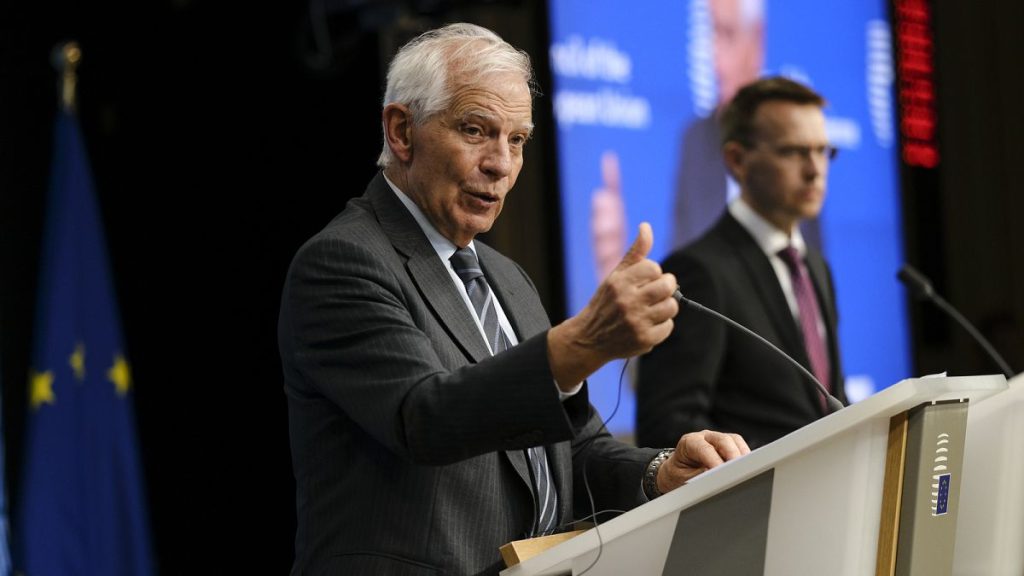The European Union foreign ministers have unanimously decided to request an Association Council with Israel to discuss the country’s compliance with its human rights obligations under the EU-Israel trade agreement. This move comes after Spain and Ireland initially urged the EU executive to review the agreement due to concerns over Israel’s military actions in Gaza and potential human rights violations. The EU views the Association Agreement as a powerful tool to pressure Israel into refraining from military offensives in Gaza, particularly following the International Court of Justice’s ruling ordering Israel to halt an intended offensive in Rafah. Despite the backing of human rights groups and the UN, the EU had not been able to achieve political support for this move until this recent breakthrough.
The Association Council aims to address the situation in Gaza, the respect of human rights obligations under the EU-Israel Association Agreement, and how Israel plans to implement the ICJ’s ruling. The recent increase in military activities and casualties in Gaza, including a deadly airstrike on displaced Palestinians in Rafah, has drawn global condemnation and prompted the EU to take action. Foreign ministers within the EU have strongly criticized Israel’s actions and called for sanctions to be imposed if violations of international law continue in the Gaza offensive. Israeli officials have claimed they were targeting Hamas officials in the airstrike and have opened an investigation into the incident, but global outrage remains high.
Belgian, Slovenian, and other foreign ministers have viewed the decision to convene an Association Council with Israel as a strong signal of the EU’s commitment to upholding its values and rules, particularly in relation to international law and human rights. Calls for sanctions against Israel have been made by some EU members, while others acknowledge that there is not yet a unanimous appetite for such measures. The diplomatic tension between Israel and EU member states like Ireland and Spain has escalated following their planned recognition of the State of Palestine, with Israel taking actions against Spanish consular services in the West Bank and denouncing the recognition as a reward for terrorism.
European Union High Representative Josep Borrell has described the verbal aggression and escalated diplomatic tensions as unjustified and extreme. The EU’s top diplomat has refrained from commenting on whether Israeli counterparts would agree to attend the Association Council meeting, but suggested that further action could be taken if Israel continues to ignore the ICJ’s ruling. The EU’s response to the situation in Gaza underscores its commitment to ensuring compliance with international law, human rights, and the EU-Israel Association Agreement. As pressure mounts on Israel to address concerns over its military actions in Gaza, the EU remains vigilant in holding Israel accountable and seeking a peaceful resolution to the conflict.


